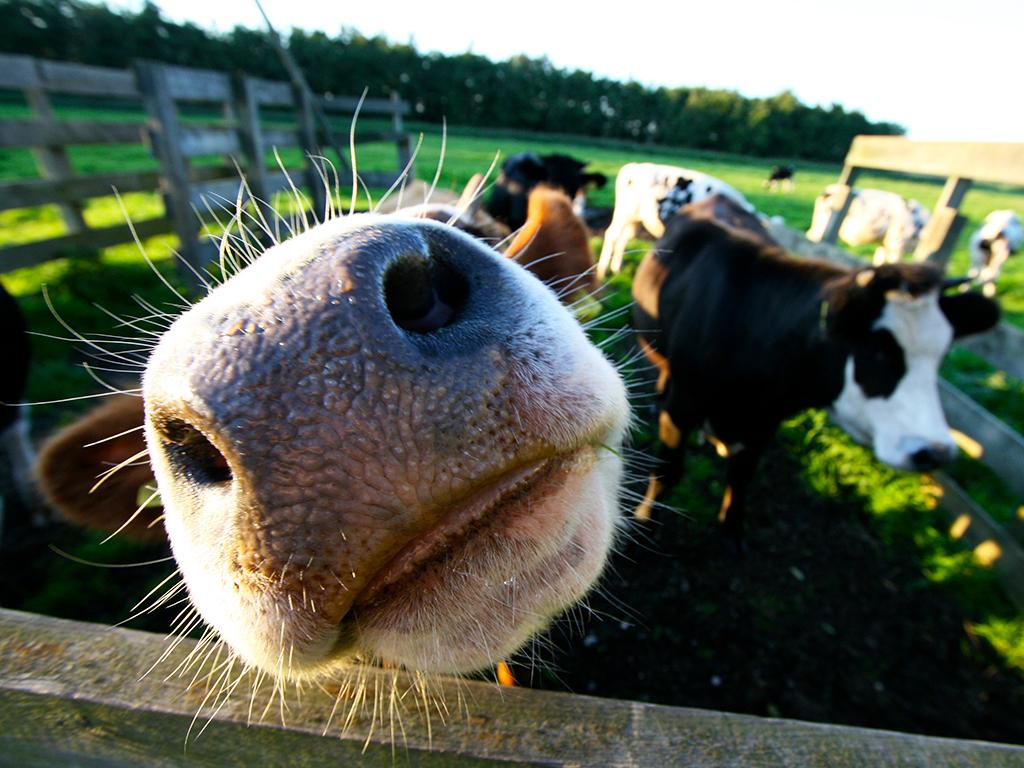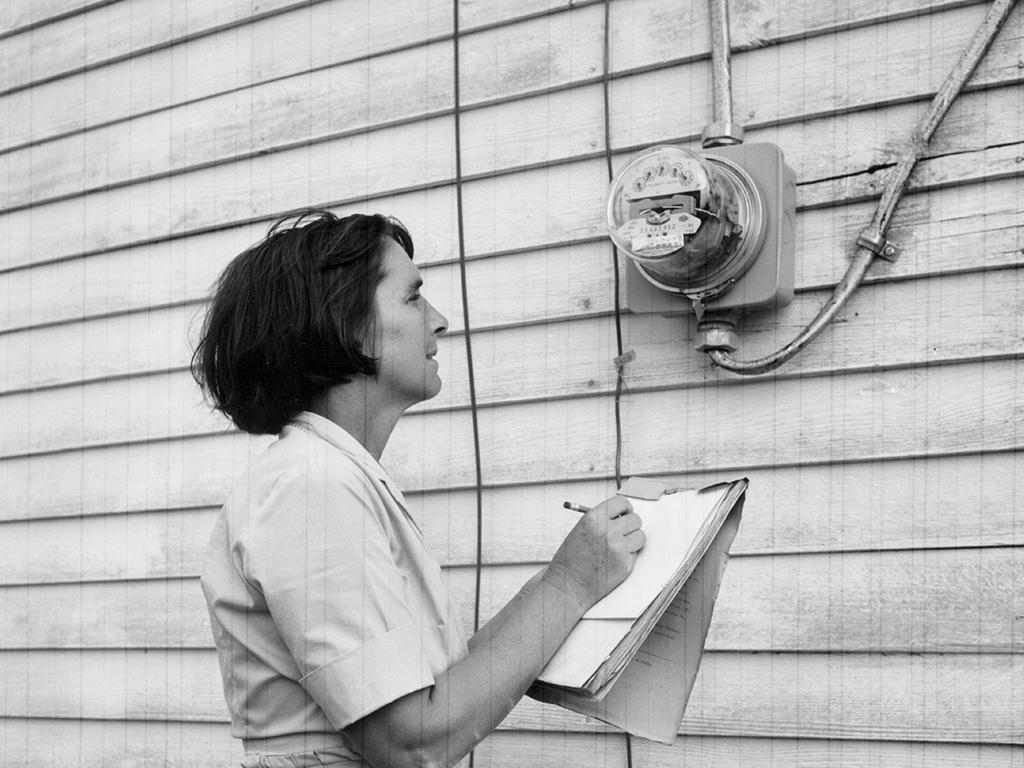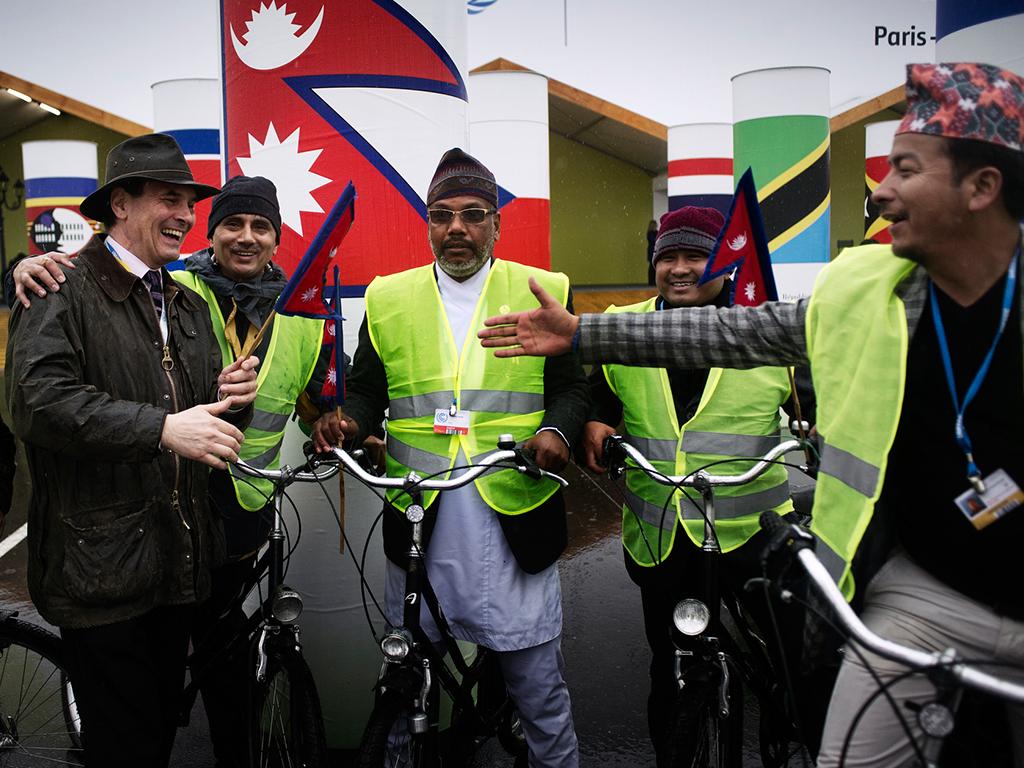The DecarboNet project is addressing the lack of collective awareness when it comes to greenhouse gas emissions and climate change. Last year we developed and tested a Utility Toolkit (pdf), that can be used at home to activate family members to change their behaviour.
In December 2014, a report was published by Chatham House (UK) called 'Livestock – Climate Change’s Forgotten Sector'. From this report, it becomes clear that changing our eating habits could do more to reduce emissions than most people think. From the report:
Consumption of meat and dairy produce is a major driver of climate change.
- Greenhouse gas emissions from the livestock sector are estimated to account for 14.5 per cent of the global total, more than direct emissions from the transport sector.
- Even with ambitious supply-side action to reduce the emissions intensity of livestock production, rising global demand for meat and dairy produce means emissions will continue to rise.
The report contains a lot of interesting data, stemming from the first multi-country, multilingual online survey specifically to explore public attitudes on the relationship between meat/dairy consumption and climate change.
This a particularly intriguing chart from the report:

From this chart we can learn that the perceived contribution to climate change of e.g. heating and cooling in buildings is much higher than its actual share is, while with meat and dairy production this is just the opposite. In fact, meat and dairy production contributes as much as exhaust emissions! Maybe we should adapt our Toolkit to cover menu choices too. Eating less meat and dairy products could help save the world.


